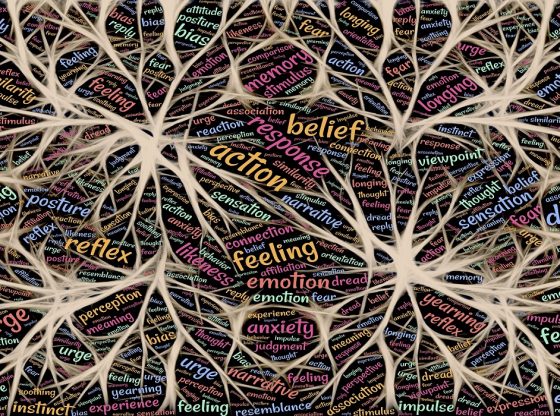What character traits and skills are most important to succeed in life? Well, researchers have now boiled the answer down to five specific skills.
Chance is that if you master them all, you will have a successful life with money in the bank, but also good health and many friends according to to the researchers.
What is needed to succeed and succeed in life? This ancient question has been around forever without a definitive answer, but what is meant by “success” certainly differs with time and society. Now researchers at the University College London believe they have found an answer applicable for most people in the developed world, today.
According to the researchers, who’s findings have been published in the Proceedings of the National Academy of Sciences, it is all about five different skills that result in a good economy, good health and many friends.
The researchers analyzed the responses of 8,000 men and women in their 50s or 60s who all had been followed for eleven years as participants in the so-called English Longitudinal Study of Aging.
The researchers found that emotional stability, determination, self-control, optimism, and responsibility are crucial aspects. Those persons who demonstrate some or most of these traits were deemed considerably more successful compared with those who demonstrated fewer of them.
The five life skills linked to health, wealth, and well-being:
Conscientiousness: Rated on the four-item conscientiousness scale.
Emotional stability: Rated on the six-item neuroticism scale.
Persistence: Rated on questions about feeling determined and “grit.”
Control: Rated on a statement about having control in most situations.
Optimism: Rated on two optimism items: “I feel that life is full of opportunities” and “I feel that the future looks good for me.”
These people not only had a better economy, they were less prone to depressions and chronic diseases, they also had a richer social life. Moreover, they were on average slimmer and a number of different biomarkers, such as cholesterol, were improved.
Only three percent of those who scored high on all five traits, demonstrated symptoms of severe depression, compared with 22 percent among those who received low scores.
“No single attribute was more important than others. Rather, the effects depended on the accumulation of life skills,”
– Professor Andrew Steptoe, of University College London.
The most surprising, Steptoe said, is that the resulting benefits of these traits are so varied. As they infer benefits to economic status, social, psychological health and health in general.
“We were surprised by the range of processes – economic, social, psychological, biological, and health and disability related – that seem to be related to these life skills. Our research suggests that fostering and maintaining these skills in adult life may be relevant to health and wellbeing at older ages.”
References:
Andrew Steptoe and Jane Wardle. Life skills, wealth, health, and wellbeing in later life. PNAS 2017; published ahead of print April 10, 2017, doi: 10.1073/pnas.1616011114























